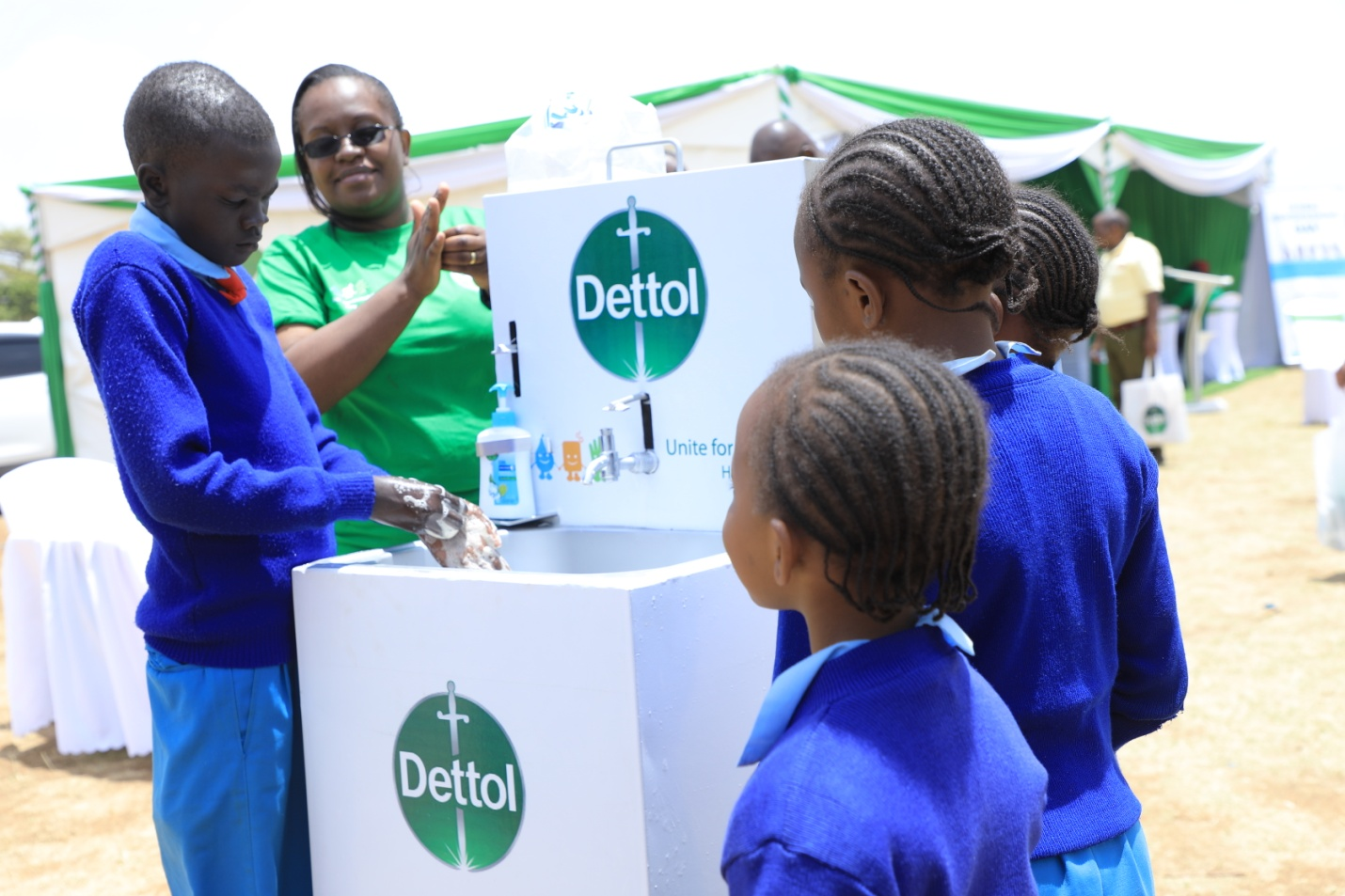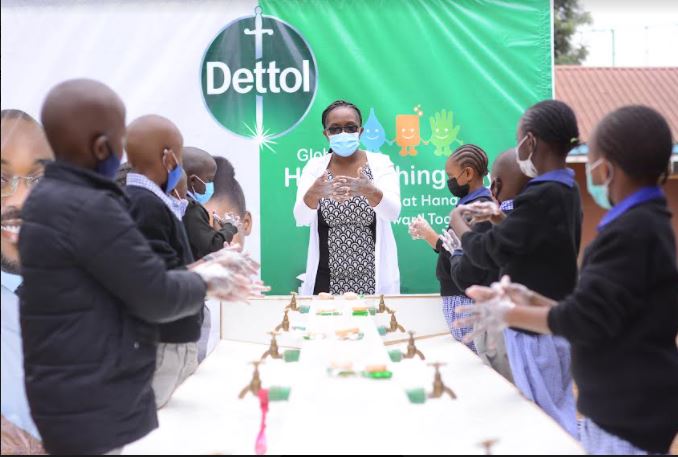Reckitt, manufacturer of Dettol is calling for stakeholders and partners to join hands in order to safeguard gains made in containing disease burden post-Covid and stay ahead of future pandemics.
This call was made during the Dettol Global Handwashing Day event held at Kasarani Primary School, Nairobi.
In attendance were school children, representatives from the Ministry of Health, Ministry of Education, County WASH, as well as Reckitt partners; Water.Org and Naivas.
October 15 annually is marked as Global Handwashing Day, with the aim of increasing awareness and understanding about the importance of handwashing with soap as an effective and affordable way to prevent diseases and save lives.
Dettol Senior Brand Manager Margaret Ngea, speaking on behalf of the Reckitt Country Manager, Asif Hashimi, noted that the country has leveraged the lessons from the last two and a half years since the coronavirus outbreak took a toll on every aspect of life.
“At Reckitt, our purpose is to protect, heal and nurture in the relentless pursuit of a cleaner, healthier world. We have a goal to make access to the highest quality hygiene, wellness and nourishment a right, not a privilege,” she said.
“Through our Dettol brand, we have developed multiple programs designed to tackle public health and hygiene issues. Our Dettol School Hygiene Program has so far reached and educated over 2 million schoolchildren in Kenya on hygiene practices. Today, we trained 3 schools- St. Dominic, Murema and Chieko Primary with Reckitt staff volunteering to educate the children on proper handwashing. Altogether, we have trained about 2000 children today. Parallel to this, we are also educating shoppers on the importance of handwashing in Naivas stores.”
Currently, 9.9 million people in Kenya drink directly from contaminated surface water sources, an estimated five million people practice open defecation according to UNICEF, with data showing only 25 per cent of Kenya’s population have hand-washing facilities with soap and water at home.
Read: Reckitt overtakes Safaricom in ad expenditure
>>> Suddenly, Kanze Dena Turns Into a State House Orphan












Leave a comment